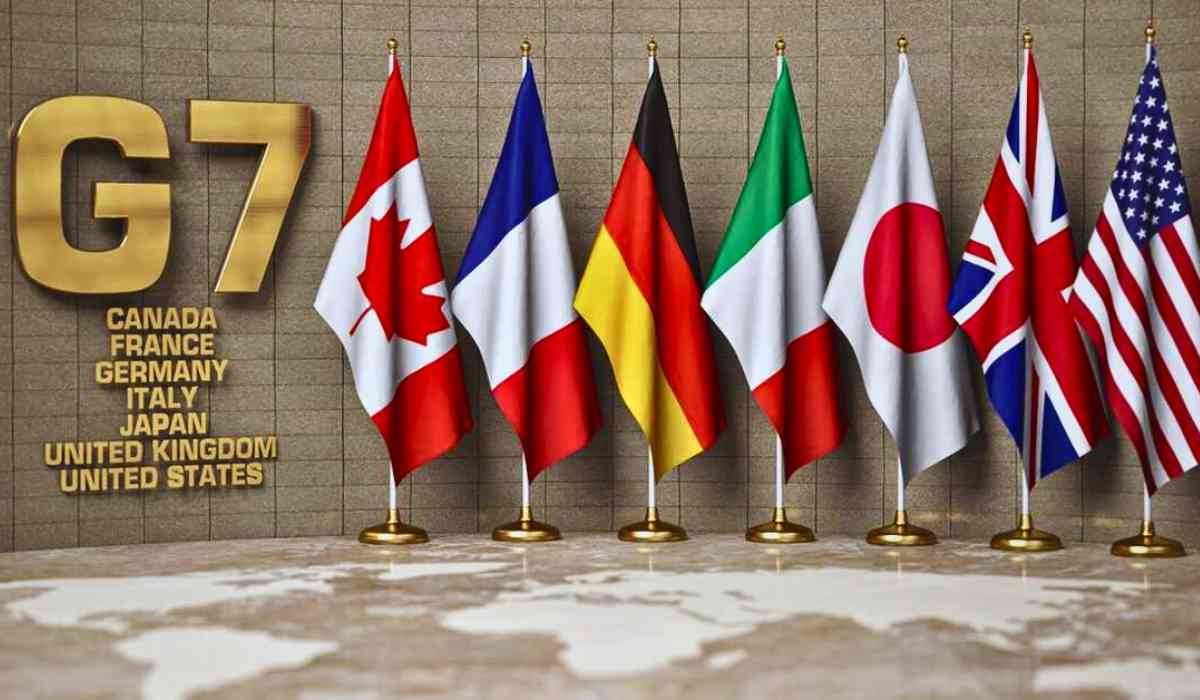India’s conspicuous absence from the upcoming G7 Summit in Canada signals a significant inflection point in its international engagements and bilateral relations with Ottawa. For the first time in six years, Prime Minister Narendra Modi has not been invited to the high-profile gathering of the world’s leading industrialised nations, reflecting the depth of the ongoing diplomatic chill between India and Canada.

The G7, comprising the United States, the United Kingdom, France, Germany, Italy, Japan, and Canada, along with the European Union and major international institutions, has traditionally used its annual summits to set the agenda for global economic and security issues. India, as a rising power and the world’s largest democracy, has often been a special invitee in recent years—until now.
This year’s exclusion is not merely a logistical oversight but a clear manifestation of the strains triggered by the killing of Khalistani separatist leader Hardeep Singh Nijjar in Canada in June 2023. The subsequent public accusations by then-Prime Minister Justin Trudeau, alleging Indian involvement, and India’s sharp rebuttal have left bilateral ties in a precarious state. The Indian government’s repeated assertion that there is “no information” about any visit by PM Modi to Canada underscores the current disconnect and lack of trust between the two capitals.
![Official] G7 Hiroshima Summit 2023](https://www.mofa.go.jp/policy/economy/summit/hiroshima23/assets/bg_mv_06.6f465529_1gaYlJ.jpg)
Moreover, security concerns and the risk of disruptions by separatist groups have further dissuaded any inclination for a high-profile visit by India’s leadership. Even if an invitation were to materialise at the last moment, logistical and security challenges, combined with the unresolved diplomatic row, make India’s participation highly improbable.
The exclusion from the G7 Summit is not just a bilateral setback but also raises questions about India’s evolving role in global multilateral forums. While India recently showcased its diplomatic clout by hosting the G20 Summit in New Delhi, its absence from the G7 underlines the challenges of navigating complex geopolitical fault lines and domestic political sensitivities. However, it would be premature to interpret this as a sign of isolation; rather, it is a reflection of the pragmatic recalibration of priorities in the face of unresolved disputes.
Canada, under its new leadership, has signalled a willingness to rebuild ties with India, but substantive progress will require addressing core concerns on both sides, especially regarding security and mutual respect for sovereignty. For now, India’s decision to skip the G7 Summit is a reminder that even in an era of globalisation, bilateral tensions can overshadow multilateral ambitions.

In conclusion, while the absence of India at the G7 Summit is a setback for both New Delhi and Ottawa, it is also an opportunity for introspection. Both nations must find ways to bridge the trust deficit and restore dialogue, lest the current impasse undermines their broader strategic interests in an increasingly multipolar world. The world will be watching to see if this pause in engagement is a momentary blip or the harbinger of a new normal in India-Canada relations.
With inputs from agencies
Image Source: Multiple agencies
©️ Copyright 2025. All Rights Reserved. Powered by Vygr Media.


























